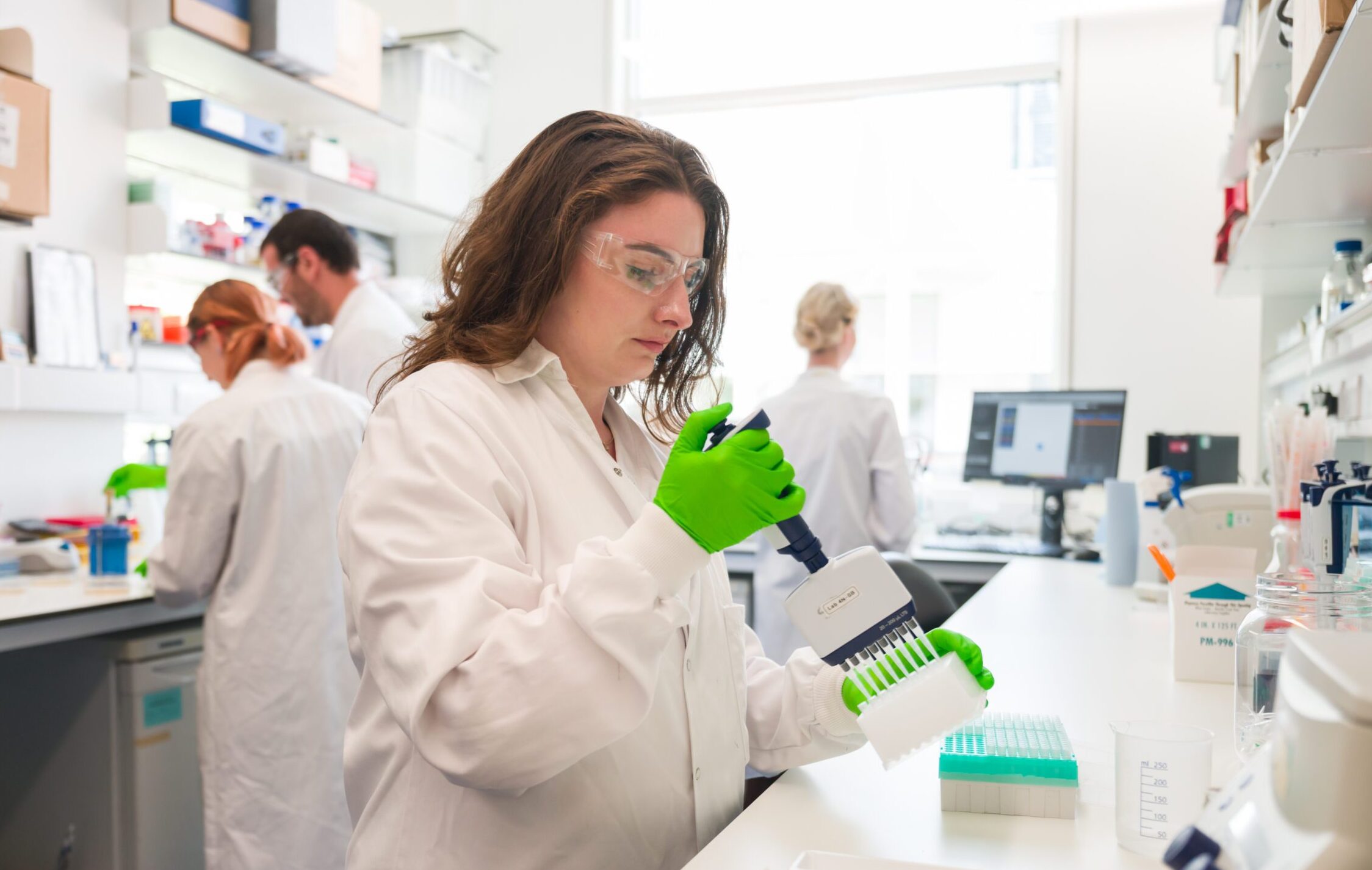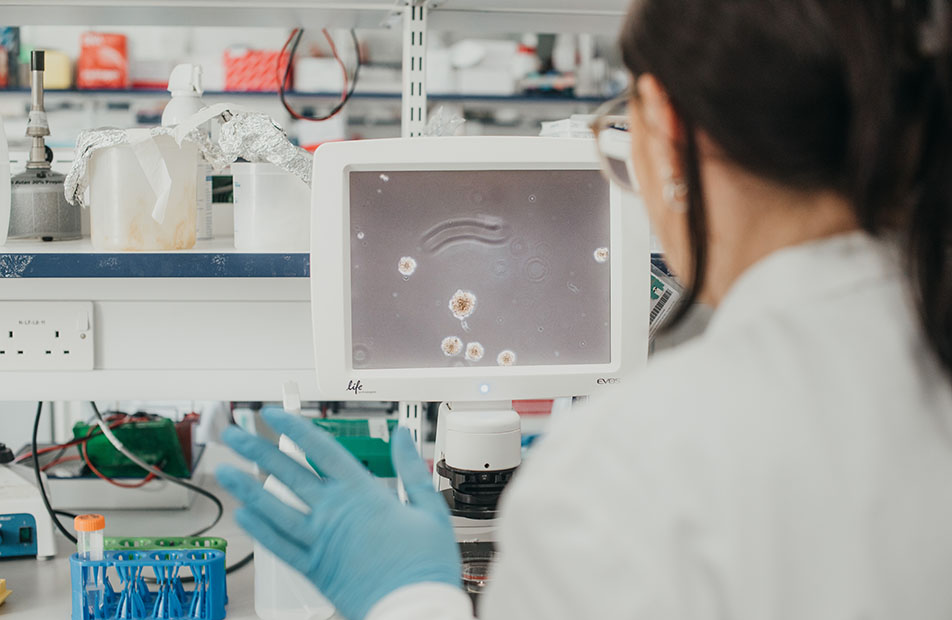
Humans like comfort zones. We have a tendency to stick to the familiar and spend time with people like ourselves. But this creates blind spots and, in research, those blind spots could contain the next big breakthrough.
The Type 1 Diabetes Grand Challenge is enticing leading experts from across science and engineering to bring fresh perspectives and drive innovations. The aim is to increase the pace of progress and overcome longstanding challenges, so that we find better treatments and a cure for type 1 diabetes as soon as possible.
Fresh thinking to accelerate progress
People with type 1 diabetes are already benefiting from the cross-pollination of ideas between scientific fields. For instance, modern insulin pumps stem from technology originally invented by NASA scientists who were trying to solve the problem of monitoring astronauts’ health as missions sent them further and further into space.
The ambition and boldness of the Grand Challenge has given researchers from across scientific disciplines the opportunity to apply their skills and experience to type 1 diabetes.
Professor Dame Molly Stevens from University of Oxford, is an expert in biomaterials. She explores how materials interact with molecules, cells and tissues in the body and uses this knowledge to design advanced therapeutics and biosensing. In her Grand Challenge project, Professor Stevens is teaming up with stem cell researchers at King’s College London to find innovative ways to improve beta cell replacement strategies. For instance, by developing a protective ‘cage’ for transplanted beta cells.
“I’ve found an incredible synergy with my collaborators, allowing us to leverage the materials designed in my lab to improve the delivery of cell-based therapies for type 1 diabetes. It’s an exciting opportunity to make a real impact in this field! The Grand Challenge’s focus on high-risk, high-reward approaches really aligns with my passion for leveraging cutting-edge science to tackle complex medical challenges.”
Professor Shuomo Bhattacharya’s career has taken him from India where he researched rheumatic fever during his medical training, to studying heart development at Oxford University. But in recent years he’s been thinking about ticks, how they avoid being noticed by the body’s immune system, and how we could harness this system to combat autoimmune diseases.
“[The Grand Challenge] gave me the opportunity to apply stuff that I had discovered in a completely new arena that I had never even thought about. Most people including researchers and funding organisations tend to work in ‘silos’. Including diverse scientific backgrounds in a programme to tackle type 1 diabetes is the first step to break down these silos and bring in fresh ideas. I think the Grand Challenge got this right.”
Dr Tom Piers works with microglia – the immune cells of the brain. His research in this area has ranged from investigations into multiple sclerosis to Alzheimer’s disease progression. In recent years, Dr Piers has become interested applying his skills in diabetes and has been looking for a chance to do so.
“After my colleague Dr Criag Beall outlined the project idea, I have been very excited about the type of science that we can produce, crossing neuroscience, diabetes and cutting-edge biotechnology. But there are very limited funding opportunities for such high-risk high reward research. The Grand Challenge is addressing this and providing unprecedented support for these types of studies.”
Professor Eoin McKinney has primarily focused on immune responses to infections in our bodies. Together with the Grand Challenge, he’s now looking for new drugs that could potentially help prevent type 1 diabetes.
“The nature of research is that we think hard about a problem and become experts in applying particular methods to help solve it. But we also know that big leaps forward often come from applying our methods to a new problem or thinking differently by working with experts in other fields. It’s surprisingly difficult to do this – a side-effect of being focussed on one thing. That’s what excited us about the Grand Challenge.
We are being challenged to think differently and come up with more radical proposals to change the way things are done. This is where science can be most exciting and, hopefully, most productive too.”
A unique opportunity to change lives
Like Professor Bhattacharya who “spent most of that Christmas reading up about type 1 diabetes”, researchers from diverse fields of science are now excited about applying their knowledge and expertise to help people with type 1 diabetes.
Dr Piers, whose wife has type 1, sums it up:
“In my view, working across disciplines and disease areas with a diverse array of researchers is an excellent way of generating new, innovative and paradigm shifting ideas. I think we’re on the cusp of developing some very exciting new technologies to support people with type 1 and a scheme like the Grand Challenge will speed up their impact.”


